A Champion's Mindset: Failure Is Not an Option
Kiplinger contributing editor and Atlanta Falcons linebacker Brandon Copeland talks to WNBA co-owner Renee Montgomery about how she built an all-star career on and off the court.

Profit and prosper with the best of Kiplinger's advice on investing, taxes, retirement, personal finance and much more. Delivered daily. Enter your email in the box and click Sign Me Up.
You are now subscribed
Your newsletter sign-up was successful
Want to add more newsletters?

Delivered daily
Kiplinger Today
Profit and prosper with the best of Kiplinger's advice on investing, taxes, retirement, personal finance and much more delivered daily. Smart money moves start here.

Sent five days a week
Kiplinger A Step Ahead
Get practical help to make better financial decisions in your everyday life, from spending to savings on top deals.

Delivered daily
Kiplinger Closing Bell
Get today's biggest financial and investing headlines delivered to your inbox every day the U.S. stock market is open.

Sent twice a week
Kiplinger Adviser Intel
Financial pros across the country share best practices and fresh tactics to preserve and grow your wealth.

Delivered weekly
Kiplinger Tax Tips
Trim your federal and state tax bills with practical tax-planning and tax-cutting strategies.

Sent twice a week
Kiplinger Retirement Tips
Your twice-a-week guide to planning and enjoying a financially secure and richly rewarding retirement

Sent bimonthly.
Kiplinger Adviser Angle
Insights for advisers, wealth managers and other financial professionals.

Sent twice a week
Kiplinger Investing Weekly
Your twice-a-week roundup of promising stocks, funds, companies and industries you should consider, ones you should avoid, and why.

Sent weekly for six weeks
Kiplinger Invest for Retirement
Your step-by-step six-part series on how to invest for retirement, from devising a successful strategy to exactly which investments to choose.
Brandon Copeland: What's up, everybody? This is Brandon Copeland, AKA Professor Cope, and you're now locked into another episode of Cope'ing With Money.
Brandon Copeland: Today, I have the wonderful opportunity to sit down with Ms. Renee Montgomery: NCAA champion, two-time WNBA champion, Sixth Woman of the Year, WNBA All-Star, owner ... team owner. I'm sitting down with an owner right now! And also the first athlete to decide to opt out in 2020 in order to fight the bigger fight for us all, with this social justice push.
I'm extremely honored to sit down with Renee to get into that mindset that makes her different than most people. Because hey, let's face it: In order for us all to reach our individual financial goals, we gotta act differently than most people. So let's lock in real quickly and hear what Renee has to say.
From just $107.88 $24.99 for Kiplinger Personal Finance
Become a smarter, better informed investor. Subscribe from just $107.88 $24.99, plus get up to 4 Special Issues

Sign up for Kiplinger’s Free Newsletters
Profit and prosper with the best of expert advice on investing, taxes, retirement, personal finance and more - straight to your e-mail.
Profit and prosper with the best of expert advice - straight to your e-mail.
Brandon Copeland's Interview With Renee Montgomery
Brandon Copeland: Super, super excited to have Renee Montgomery. It's only right that we have a living legend on. So, Renee, I'm extremely honored. Our paths crossed for the first time last year. I was trying to plan my charity celebrity basketball game and I didn't want to be the best person out there on the court. I didn't want to have all of the NBA teams trying to get after me, so I was like, "Let me go ahead and find me some real talent and link up." It's that weird phenomenon when you finally learn about something or someone, and then now you just always see them. They're just always accomplishing things, tackling things, just exuding greatness from their soul.
Brandon Copeland: And so it's been an honor to just have the opportunity to be in the locker room and be like, "Hey, I know her. I know her. Hey, she's leading the charge."
Renee Montgomery: Shouts to my VP for connecting us, Paul. That's what's up.
Brandon Copeland: Yeah, it's amazing. So the first question is, how did you become you? I know that that's a big general question. But you have a mindset that is different than a lot of people, and people have ideas out there, but they don't have the gumption and the audacity to go ahead and execute on those ideas. Clearly you do. So where did that come from? Is that something you where born with, blessed with, where'd that come from?
Renee Montgomery: I mean, probably a little bit of both. I was blessed with it, but also I have a family that, I mean, you could call them supporters or enablers, however you see it. Because anything that I wanted to do, you weren't going to be able to tell them that I couldn't do it. I think that starting young, it was just, I really believed that I could do anything, legit, because my family just was pumping that into me. So as I got older, whatever I was trying to tackle, I knew that I had that battery pack of my family and now I have a fiancé who's the exact same enabler, and it's comforting because that's kind of where you get the audacity.
Renee Montgomery: Audacity is just self-esteem showing, and a sense of like, that's just where I am with it. And even when I opted out, that's bold, but I kind of knew if my family got me, I'm good.
Brandon Copeland: Yeah, yeah. So touching on the opting out, right, you were the first to really say, "Hey, I'm not focusing on basketball this year. I am focusing on pushing the culture forward, pushing our people forward." Right? It seems like, from the outside in, you're trying to give that village that you had growing up, and that audacity and that mindset of like, we can do this, to the people. How do you actively execute on pushing social justice issues forward? Can you explain to our audience: How do you go about making a change or being the change you want to see in the world?
Renee Montgomery: You know, I just did it in a sense of, so I opted out and then the very next day, I threw a Juneteenth pop-up block party where everyone was protesting. So just to give people a little background, Atlanta obviously was turnt up when a lot was going on. And so there were protests every single day at Centennial Olympic Park. At that time, you got to remember in June, people weren't really celebrating much of anything because it was quarantine, there was a lot of coronavirus stuff going on, and so I felt like it was good to celebrate what we're doing as a people.
Renee Montgomery: And then I just took it a step further and I'm like, "All right, we're really excited now and we're really passionate now." But November seemed forever away to me, and I'm like, look, if people are this upset and they really want change, well, we got to kind of go about it the systematic way, because they're systematic problems. And it turned into me being very vocal about people going to go vote, because if we're going to stand outside and protest for nine hours, well, we better stand in line when that voting line is long. And it really just turned into a domino effect; one thing led to another. It's not that I had this great plan when I started, it just turned into that.
Brandon Copeland: Yeah, you execute it and you figure out the plan, or you build a parachute on the way down, so to speak. And I think that's encouraging, I think that a lot of people who watch your podcast, "Remotely Renee," watch you speak, watch people that they view as successful, the real difference with us is we just do. And I think that sometimes people think it's a well-executed, drawn-out plan, where it's really like, that last little cherry on top? I just made that up. Right?
Brandon Copeland: So yeah, just get out there and do. If you have something that you're passionate about, go for it, right? And be smart enough ... and maybe you can speak to this, be smart enough to listen to people who can build and amplify your dream. So I guess, who has been pivotal in this new role you've taken on in the world? I don't even want to call it new because you've always done this thing, but this new position or title you've taken in the world as a social justice leader advocate, right?
Renee Montgomery: Yeah. So when I opted out, to your point, yeah, I pulled the parachute after I had already jumped, in a sense of I'm outta here. And it was really beautiful to see LeBron James has a group called More Than a Vote, and I would say, not even a week after I opted out, they kind of just took me under their wings and was like, "All right, these are the things that we're doing. I feel like they can align with what you're trying to do. So do you want to do these things together?" It's what triggered my mind actually to start to be like, "Huh, everybody's out here right now, protesting, but we got to get them to the polls." More Than a Vote kind of got my mind going in that aspect.
Renee Montgomery: And then when I was sitting down and talking with Stacey Abrams, and she's doing civics for culture, and basically the concept behind that was, look, a lot of people in the black and brown community are like, "Oh yeah, politics safe for us, man. We got stuff to fix in the hood." And there's all these different things that people say, but she said, "Even if you're not into politics, politics is into you." And that means that even you not voting is helping politics. People in politics bet on you not voting, and then when we had the record turnout in Georgia, no one was planning for that.
Renee Montgomery: Now we see all kinds of different sanctions and different things that are trying to stop the vote, even right now, right after it happened. And that'll tell you, if it wasn't important, why are people trying to stop it so much? So just listening to people that know what they're talking about, because going into this, I don't even presume to act like I knew everything about voting and everything about that. I still don't; that's why I still lean on people like I just mentioned.
Brandon Copeland: Yeah, yeah. I think that that's another thing, you find that people who are open to listening and more importantly, open to collaboration, right? And especially, it's hard for us as athletes sometimes because we're so competitive individuals, but there are certain realms where it's like, no, we'll go much further if we're willing to open ourselves up and collaborate. And so I think that that's major that you're willing to do that, and clearly it allows you to grow your message.
Renee Montgomery: Yeah, definitely. And that's one of the things that even when I go and I talk to college kids and I tell them, "You can't expect to do it all on your own. No one knows everything on their own, but willingness." That's why people probably think I'm the non traditional athlete and maybe it was the sisterhood upbringing, but I've always kind of been that player that if I was more selfish, I think I would've had a way better career.
Renee Montgomery: A lot of people would tell me that all the time: "You can shoot, right? You're a good shooter, why don't you shoot more?" And I'd be like, "Look, that pass was open more." So, I'm not the player like ... every player says, "Oh, it's not about me. It's not about me, it's about the team." But my career shows it.
Brandon Copeland: Right. No, that's major right there. My NFL career has been playing a lot of positions and doing them well, right. Being good at a lot instead of extremely, extremely great at one thing. And in the NFL, they say, "the more you can do, the more you can do, the more you can do," and that's how you make the team. It's hard to cut the guy that does seven different jobs.
Renee Montgomery: Yeah, that's smart, yeah.
Brandon Copeland: One day I'm leaving the team meeting and somebody makes a joke. I'm like, "Hey, you know what they say: The more you can do ..." And they're like, "... the less you get paid." And I was like, "Ooh. Ow. Damn."
Renee Montgomery: I never heard that one.
Brandon Copeland: Me either. I was seven years in the league and I thought about it. I was like, "Dang, I just went through negotiations and you kind of right." Right? And so it's funny, but I think that ultimately having that team mindset, having that ... hey, I'm going to put my best foot forward and make sure I do what's best for the team, it ends up turning into longevity to a certain extent, right?
Renee Montgomery: Definitely.
Brandon Copeland: I want to backtrack a bit. Obviously being a professional athlete, you were in the midst of a groundbreaking CBA deal for yourselves and the entire WNBA, right? Before we talk about the actual deal, I want people to get a glimpse of what it's actually like being a WNBA player, because I found out a couple of years ago that a lot of women are saying, "Hey, I'm going to go overseas because I can make more money. And then I'm coming back here." And really the WNBA is really like a side job, so to speak. But can you give us a glimpse into your mindset, your career as a WNBA player?
Renee Montgomery: OK yeah. So I had an 11-year WNBA career and for nine of those years, almost 10, I was playing in both WNBA and overseas. So the WNBA happens in the summer, so we have a summer league that's probably five and a half months or so. Usually we get a two-week break in our contracts. This is how our contracts work. If I sign with an overseas team, they'll write in the contract that I'm to report to the overseas location two weeks after my last game. So if I don't make the playoffs, that's two weeks after the season ends. If we make it all the way to the end of the playoffs and we win the championship, which I've done before, it's two weeks after that.
Renee Montgomery: Now some other teams do it where they're like, OK, depending on how far you make it, it might shorten your time. So in what was it? 2017? I was about to play in France after the WNBA season and that's the year that we won a championship. So we won a championship and I knew I had to be reporting in France in five days and so that's kind of tough because it's like, you want to go to the parade, you want to enjoy yourself, then ... well, I have two days to be at home because the parade is obviously not the same day you win the championship, it's usually two or three days after maybe.
Renee Montgomery: And so you're spending two or three days in market. I don't live in Minnesota. And then I come to West Virginia for two days and I just fly straight from West Virginia, that's where my family is, straight overseas. So just to give people a glimpse, we might get a two-week break, you might get a five-day break. It's pretty crazy. And then you just have to get right back on the saddle, start a new season.
Brandon Copeland: Yeah. It's like you put putting your body ... no offseason, no break, right? I guess what would be the percentage of players on your team who lived like that?
Renee Montgomery: I'd have to say at least 75% of the league does it. I mean, and it's your best of your best players, like Brianna Stewart who was the finals MVP, she's currently overseas right now. It's not just like a certain type of player, it's your best players, your midway players, it's your bench players. Everybody's going overseas because they pay so much more overseas. So it's hard to pass up on that check.
Brandon Copeland: Yeah. And so how does that skew your mind preference? Like when you talk about being a businesswoman, being a business, not even a businesswoman, a business, you are an entity, right? This is the primary income, right, and now the WNBA becomes a secondary income, how do you compartmentalize or balance? Because there are a lot of people who have side hustles, side passions and all that stuff, but you really ultimately have to prioritize it all.
Renee Montgomery: Definitely. It's burdensome because there's so many things that I wanted to start so long ago. So my foundation was born in 2019, I've wanted a foundation since 2015. And so of course, yes, I could have created a foundation, but it's hard when, literally half of the year ... and by the way, these overseas seasons are six months at a time, so we're living submerged in this culture. It's not like, no touristy stuff; we're living there, so it was hard to kind of pick things up.
Renee Montgomery: 2019, when I started my foundation, is also when I stopped going overseas, and I started to just pursue business, in general. I'm a communications major from UConn and I wanted to put that to work. And so I started doing TV and I started to just get into broadcasting and different things of that nature. I started my foundation. I basically started doing all the other things that I wanted to do, but just being overseas, it was just difficult.
Renee Montgomery: So yeah, it's decisions you have to make because it's like, you get paid so much overseas, so it's like, if you give it up, you're betting on yourself.
Brandon Copeland: Yeah. You're taking that big, big bet. Gets a little cold out there, you're like, "Oh, ah."
Renee Montgomery: Exactly. Exactly though, for real.
Brandon Copeland: No, that's that's major right there. I mean, I can only imagine. I remember coming into the league and they're saying you have to file taxes in every single state that you play in. But now you added in a whole 'nother layer, the international taxes, right? So, I mean, I know we joke all the time, the Alabama football players, they've been getting checks, them UConn basketball players, I'm not going to say no word, but y'all probably doing all right. But y'all been getting money, right?
Brandon Copeland: Us UPenn guys, they didn't really give us checks. They gave us free water, though, right? But ultimately, what was that transition for you of like, "OK, how do I manage this now properly?" Did you make any mistakes coming in, or do you feel like you were able to kind of come in with a smooth transition?
Renee Montgomery: I came in real smooth. And the reason I came in smooth is because just probably my family upbringing. I had parents that were very good with the money, worked multiple jobs, even though we had money, but they worked multiple jobs to get more money. And so I kind of saw that grind and I liked it. And so for me, even when I first got into the league, boom, I don't have any money because UConn players, we don't get paid. And so I don't have any money.
Brandon Copeland: Allegedly!
Renee Montgomery: And I didn't try to act like I had money. And the good thing about the WNBA is, when you go to market, whatever city you're in, they pay for your housing. When I was first in the league, they paid for your car.
Renee Montgomery: So you could have a car, you would have a house, they would pay all the bills for the house and everything. So you literally lived there money-free. I don't even want to say rent-free because they paid the light bill, they paid the water bill, so you lived there money-free. So for me, I used that as an opportunity. Well, I didn't get a house until my third year in the league. Because I just told you that schedule, so I'll be in market with my WNBA team for the five and a half months. Then I'd only have like five days or so or two weeks, and so then I go overseas for six months. So I was cool not having a house my first three years because I was just trying to stack my paper. I liked watching it grow.
Renee Montgomery: And that's just me in general, I'm very frugal – not cheap, they're two different things. But I'm very frugal in a sense of, I like to see how far I can stretch my money. And so, yeah, yeah, I like to see that. So I was very patient with getting stuff. I wasn't the typical athlete that I started getting checks and I started spending them. Man, I started getting checks and I started hoarding them for real.
Renee Montgomery: The more and more money I started to make, the more things I've started to do. So then I started to invest some money and then I started to do different things, and even now to the point now where I'm in the ownership group for a league now, I'm a team owner and that's kind of crazy. So just thank you, yeah, just taking it to the next level, the more I hoard the money.
Brandon Copeland: That's a beautiful thing. I think that we're similar in that regard, right? Like frugal, not cheap, right? Understanding what we value; I think that's the biggest thing is like understanding the value system. It's like, I don't necessarily value this car, I value investing or seeing it grow. And then one day I will get the car if I want it, right? But ultimately, I want to get it based off of some investment return as opposed to money I'm running through a wedge with, right?
Brandon Copeland: So the other thing I would want to know is, in terms of the locker room: How hard is it to do that when other people are spending differently, right? That's really the battle, that's the discipline, right? Cause it's easy to come in one way, but once you're on the road with people, you're seeing people spend differently ... what did you do to keep Renee's mindset, financially, Renee's mindset throughout her career?
Renee Montgomery: Maybe it was my upbringing, but people knew right away how I was. For instance, I'm never going to eat my money away in a sense of going out to eat after every practice, or after every game. People don't know how much that adds up. I'm just never going to be that person that is spending money like that. I'm not going to have a hundred Gucci chains or Gucci anything. I might have a piece here or there, but my teammates kind of picked up on that. And that's how I got the nickname "Granee." Instead of Renee, they called me "Granee" because they was like, "Dang, you act like a granny, you're not even old."
Renee Montgomery: That's how I kind of got it. I'm like, look, I'll be the granny on the team. Then I don't really care. I ain't going out, I'm out. Because you can go out, a night out in Atlanta, and you can drop like five stacks just trying to party. I'm not doing that.
Brandon Copeland: 100%. That self-confidence, that self-esteem, being true to who you are. So I definitely, definitely appreciate you shining a light on that.
Brandon Copeland: Wanted to wrap this thing up with one question here ... well, two questions, I apologize. You've recently retired, right?
Renee Montgomery: That's correct.
Brandon Copeland: Congratulations.
Renee Montgomery: Thank you.
Brandon Copeland: What an amazing career, but also, I mean, I think the coolest thing is young people, not just young women, young people will grow up and they'll ask themselves, "How do I be come a great basketball player and also help people?" And also do this and also do that, right? You are the blueprint, right?
Brandon Copeland: What does that feel like? What goes through your mind? Not only just about like, "OK, I'm ready to go ahead and focus on this full-time," but also how does that feel to be the blueprint?
Renee Montgomery: I was today years old when I found out I was the blueprint. But for me, that's kind of what it is all about. I think that we have certain ways that we see an athlete's supposed to be, or certain ways that an athlete's supposed to talk, and that's changed. 2020 change all of that. Athletes was like, "We're talking, we're humans, we have a voice," and so there's no going back from that. This is Pandora's box now, and so that's pretty cool for athletes moving forward. Because I can remember a time where like, you ain't wanna say nothing too crazy because you didn't want to the owners to be mad, you didn't want the sponsors to be mad, you didn't want to lose your sponsorship.
Renee Montgomery: I mean, I was signed with Nike for many years, so I can remember a time where you had to be very careful about what you said. And so younger athletes, younger people in general, they don't really have to worry about that. Now if somebody tried to suppress what they wanted to say, it would cause a scene. And so for me being a part of that, and there's a lot of us that are a part of that movement of athletes feeling like we got something to say, I think it's dope. I hope that young athletes take advantage of that because now you can be authentically you.
Brandon Copeland: I remember coming into the NFL, it was like, I don't want people to think that I'm too smart. It makes me feel like a coward saying that. I actually got fired from the job, I think, because I voiced my opinion in a little boisterous way. In terms of like, I'm happy being who I am. I have more opportunities. I literally told a head coach I'm here because I want to be here not because I have to be here, right?
Renee Montgomery: Oh Lord. Brandon you can't say that to ... you're not supposed to say that.
Brandon Copeland: He tried my school though. He was like, why would you choose a school like Penn? Right? Like, hold up, man. I'm here too. I mean, there's a lot of opportunities, but I mean, you know me, I'm here because I want to be here, not because I have to be. Two weeks later ...
Renee Montgomery: The audacity!
Brandon Copeland: ... Two weeks later, I'm at the Greyhound stop like "God damn. What was I thinking?"
Renee Montgomery: But at least you said it with your chest.
Brandon Copeland: Yeah, it was good. After that it got deflated, though. I was like, all right, let me go ahead and just "shut up and tackle," you know what I'm saying?
Renee Montgomery: Shut up and tackle!
Brandon Copeland: But it's a much different place now and it is pretty cool that that young people will have an opportunity to dream about doing more than just tackling, dribbling, etc.
Brandon Copeland: Last question for you before I continue to give you your flowers: What's next for Renee Montgomery? You don't have to give us an exclusive, but let us know where we can follow, where we can find you, what's next, where we can support all of those things.
Renee Montgomery: All right. You can find me at @reneemontgomery on Twitter, Instagram, most socials. But what's next for me is I've realized that getting this ownership role with the FCF Beasts, I've realized that it's cool to be a part of that decision-maker group and that's where real change happens. We're complaining that not enough minority coaches are in management, high management positions, and we're complaining about the coaches not being hired or and minorities not just being in those roles. But we're not really looking at the decision-makers who are picking those roles. We're just upset that there's not minorities in those roles. And so for me, what's next is just trying to be in those rooms and be in those positions where you can make the decisions, I think that's where you can create a lot of change.
Brandon Copeland: 100%, 100%. I lied to you, very last question: Now you're an owner, right? How do you look at players? Right? I'm curious to know, I've always thought about that, if I had to become a GM or something like that, would I like me as a player? I think I would like me as a player. But I'm just talking about like, dang, it's kind of tough to be the person who carries someone's livelihood in their hands, right? Because we all know that there's a lot of people who deserve to be in the league, but they can't because of numbers. So I'm curious: How do you look at that balance?
Renee Montgomery: For me, you know how there's coaches that you'd be like, "Yo, he's a player's coach," right? We know those coaches, it's like, they either used to be a player so they get it. I think that I'm going to be one of those players owners in a sense of like, I'm going to get it. I think that I'll probably be annoying to the other ownership group if it's like, "We trying to make this paper," and I'm like, "Yeah, but..." I think that I'm really going to be that type just because it's in me. I've been a team player since I was little with my family, and shouts to my sisters and them overachievers. I'm the ... You talked about not wanting people to know how smart you are? My sister's a doctor, so I'm the dummy of the family. Dad's an engineer, my mom was a college professor for 30-plus years, my other sister's an accountant. So I'm the dummy of the family, we're the opposites.
Renee Montgomery: But I just think that being in those positions and being able to empower the athletes. You can do both, you can be a powerful business, you can empower the players that are playing for you. And I'm a fan too so when we win, I'm all the way Mark Cuban losing it, I'm that type of owner. So FCF, the Beasts are 2-0, just like to throw that out there. So we're undefeated right now and yeah, it's lit.
Brandon Copeland: There we go, there we go. Well, I appreciate you, Renee. You are a leader, I'm a fan of yours. I really am honored that you came on this space with me to chop it up. As always, looking forward to next time, and we'll continue to follow you, push you, amplify you and support everything that you're doing.
Brandon Copeland: Can't thank Renee enough for taking the time to talk to our Kiplinger fam here. Make sure y'all go support Renee and the amazing things that she's doing in our community for our country. Really appreciate y'all tuning in, as always, another episode of Cope'ing With Money. Can't wait to see you next time. Peace.
Links and resources mentioned:
Profit and prosper with the best of Kiplinger's advice on investing, taxes, retirement, personal finance and much more. Delivered daily. Enter your email in the box and click Sign Me Up.

Brandon Copeland, an active, eight-year veteran NFL linebacker, has spent the past two years teaching a class he created, and nicknamed “Life 101,” at his alma mater, the University of Pennsylvania. Life 101 focuses on life’s constant money decisions so that students are better prepared for the financial realities that adulthood brings. Copeland also spends time off of the field consulting and investing in real estate. He is the co-founder of a nonprofit organization, Beyond the Basics Inc., and was the recipient of the 2020 NFLPA Alan Page Community Award, the NFLPA’s highest honor given for extraordinary dedication to service, social justice and equality. He is a member of CNBC’s Financial Wellness Council and the NFL Players Inc. Advisory Committee. Copeland has interned for UBS and Weiss Multi-Strategy Advisers.
-
 Ask the Tax Editor: Federal Income Tax Deductions
Ask the Tax Editor: Federal Income Tax DeductionsAsk the Editor In this week's Ask the Editor Q&A, Joy Taylor answers questions on federal income tax deductions
-
 States With No-Fault Car Insurance Laws (and How No-Fault Car Insurance Works)
States With No-Fault Car Insurance Laws (and How No-Fault Car Insurance Works)A breakdown of the confusing rules around no-fault car insurance in every state where it exists.
-
 7 Frugal Habits to Keep Even When You're Rich
7 Frugal Habits to Keep Even When You're RichSome frugal habits are worth it, no matter what tax bracket you're in.
-
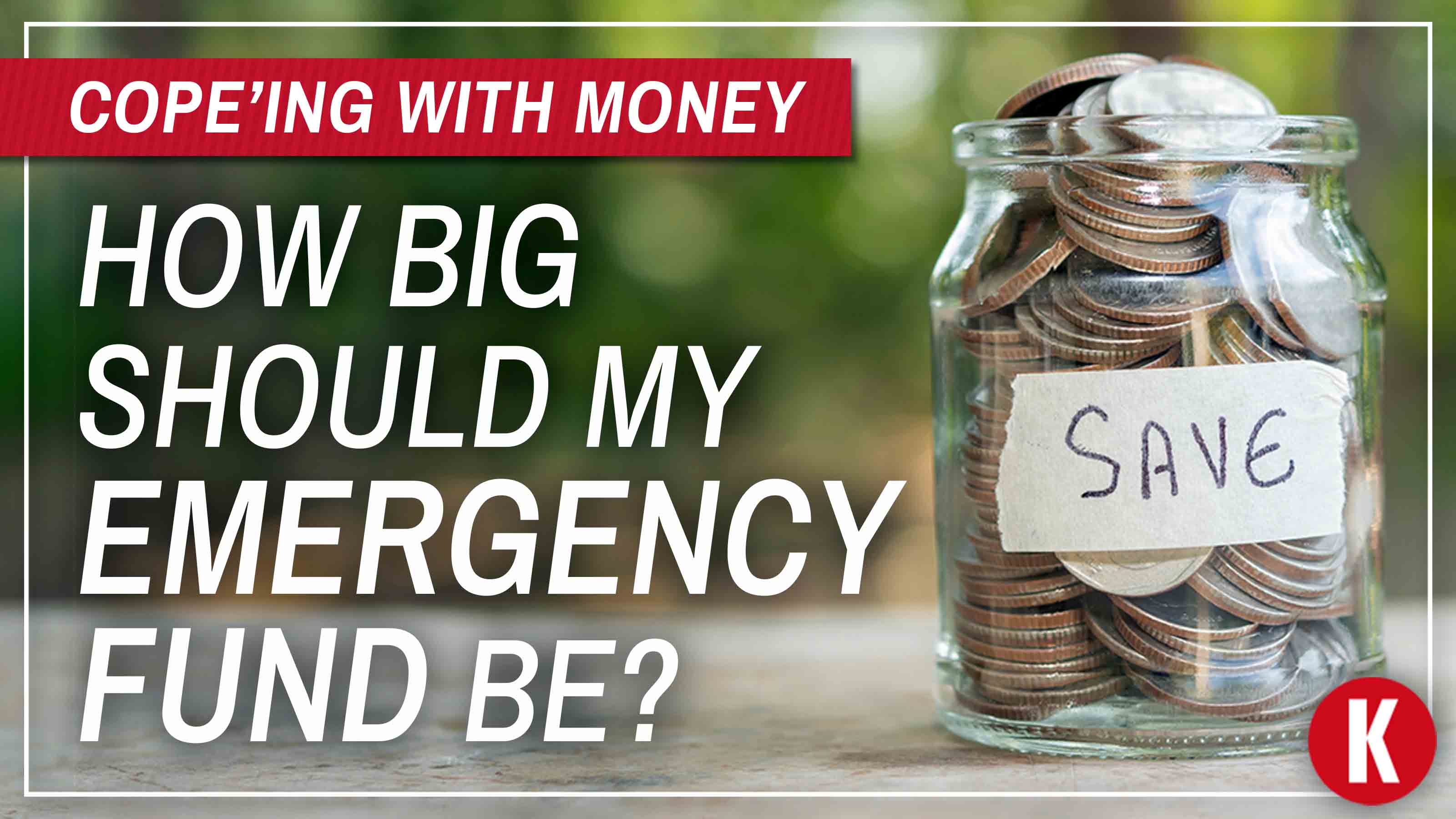 How Big Should My Emergency Fund Be?
How Big Should My Emergency Fund Be?Feature NFL linebacker and Kiplinger contributing editor Brandon Copeland discusses the importance of building an emergency fund.
-
 Homeowners Insurance: How to Protect Your Home
Homeowners Insurance: How to Protect Your HomeBrandon Copeland NFL linebacker and Kiplinger contributing editor Brandon Copeland discusses the ins and outs of homeowners insurance.
-
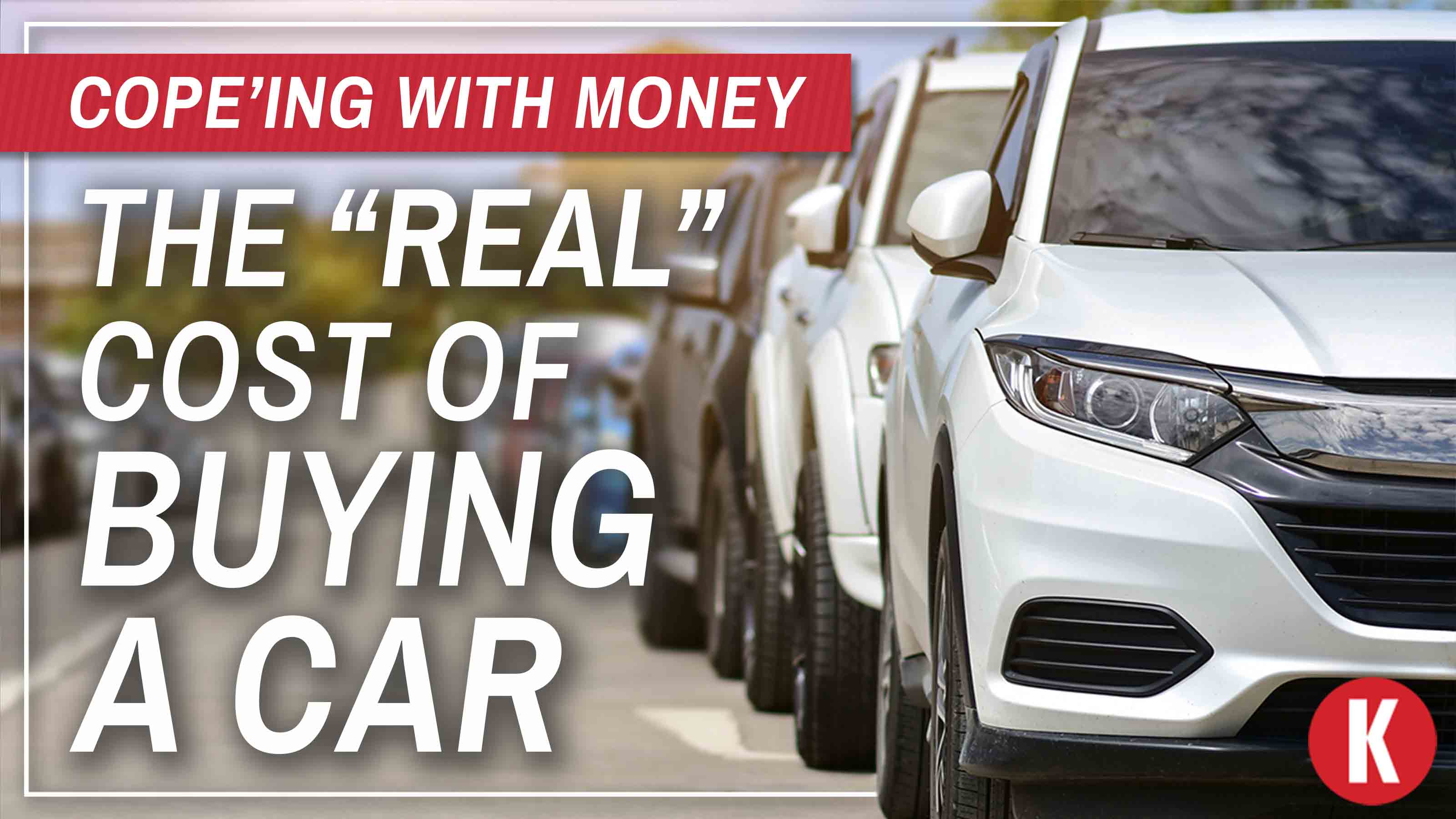 The "Real" Cost of Buying a Car
The "Real" Cost of Buying a CarFeature Atlanta Falcons linebacker and Kiplinger contributing editor Brandon Copeland illustrates how car prices are far more than meets the eye.
-
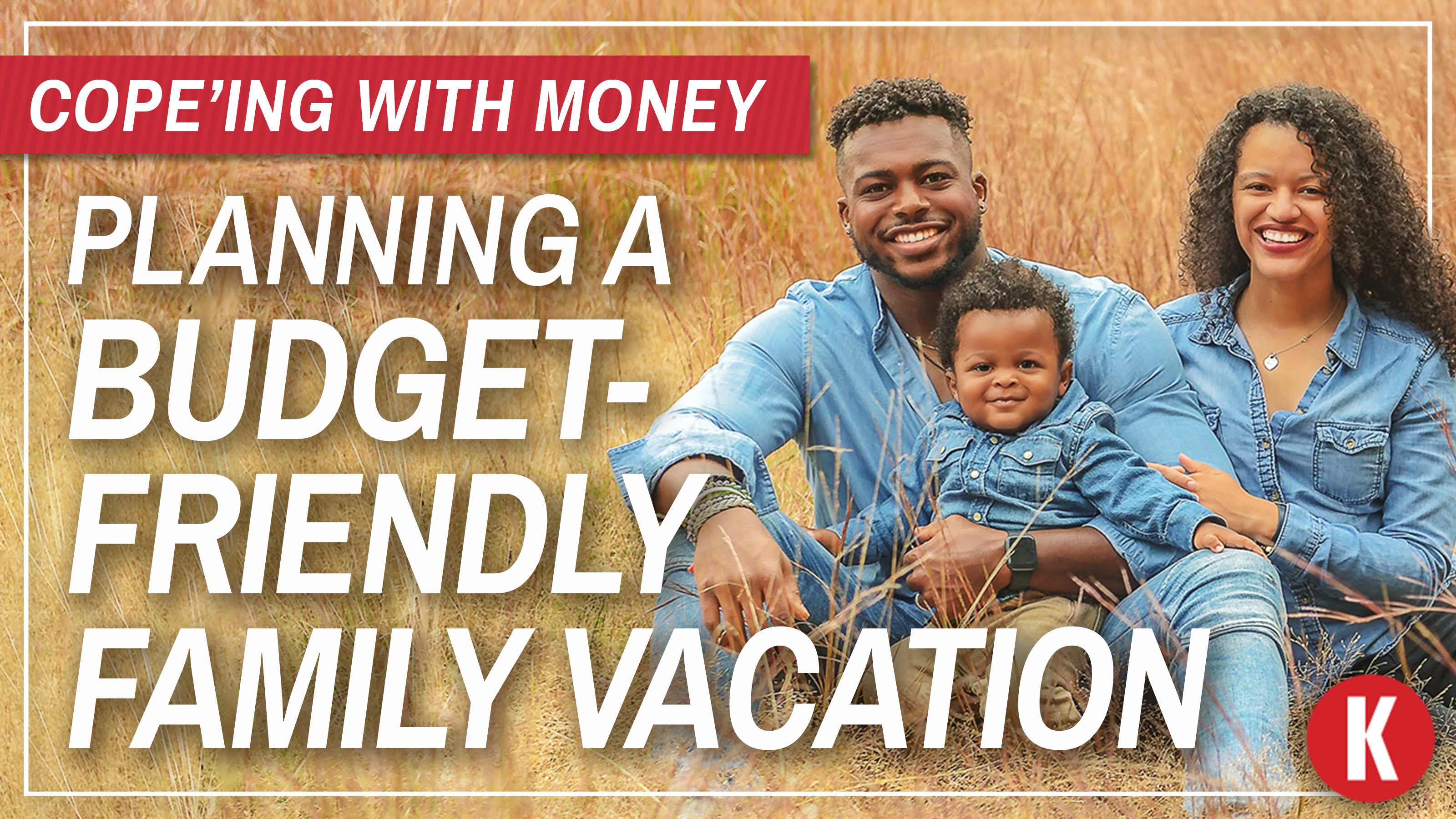 How to Plan a Budget-Friendly Family Vacation
How to Plan a Budget-Friendly Family VacationBrandon Copeland Atlanta Falcons linebacker and Kiplinger contributing editor Brandon Copeland provides tips on how to go on vacation without breaking the bank.
-
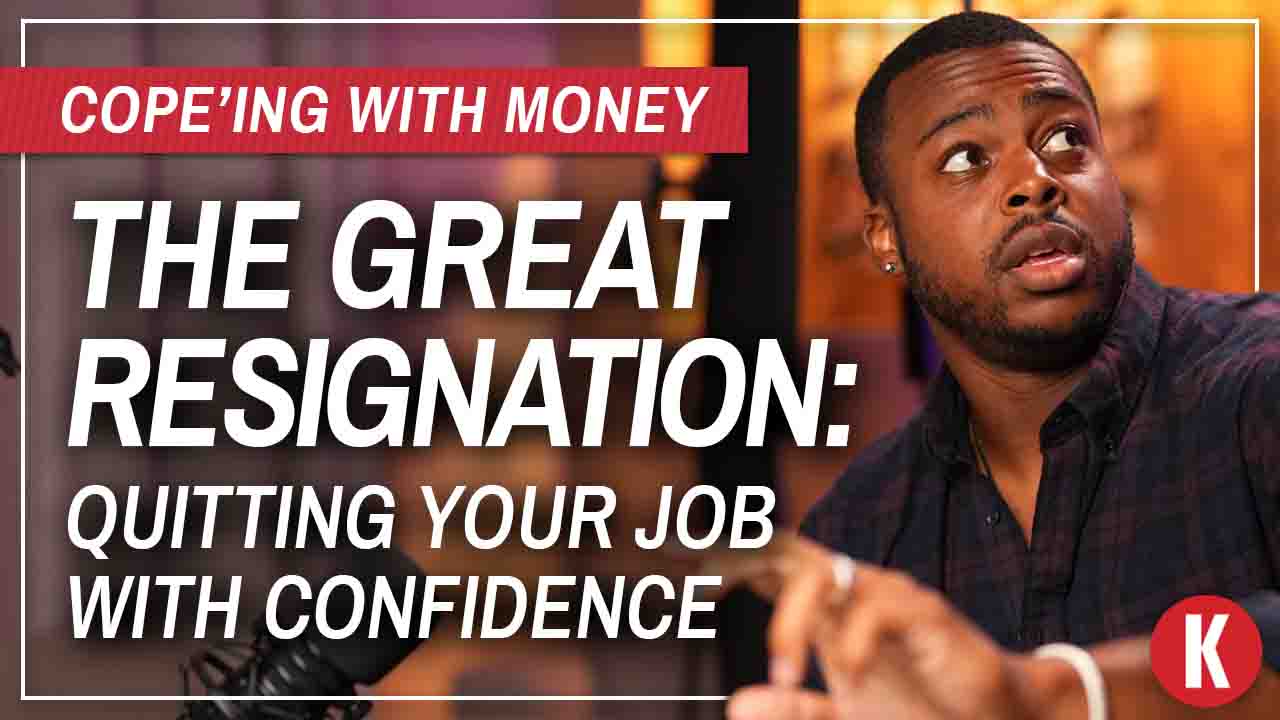 The Great Resignation: How to Quit Your Job With Confidence
The Great Resignation: How to Quit Your Job With ConfidenceBrandon Copeland Atlanta Falcons linebacker and Kiplinger contributing editor Brandon Copeland provides tips on how to properly quit your job and upgrade your career.
-
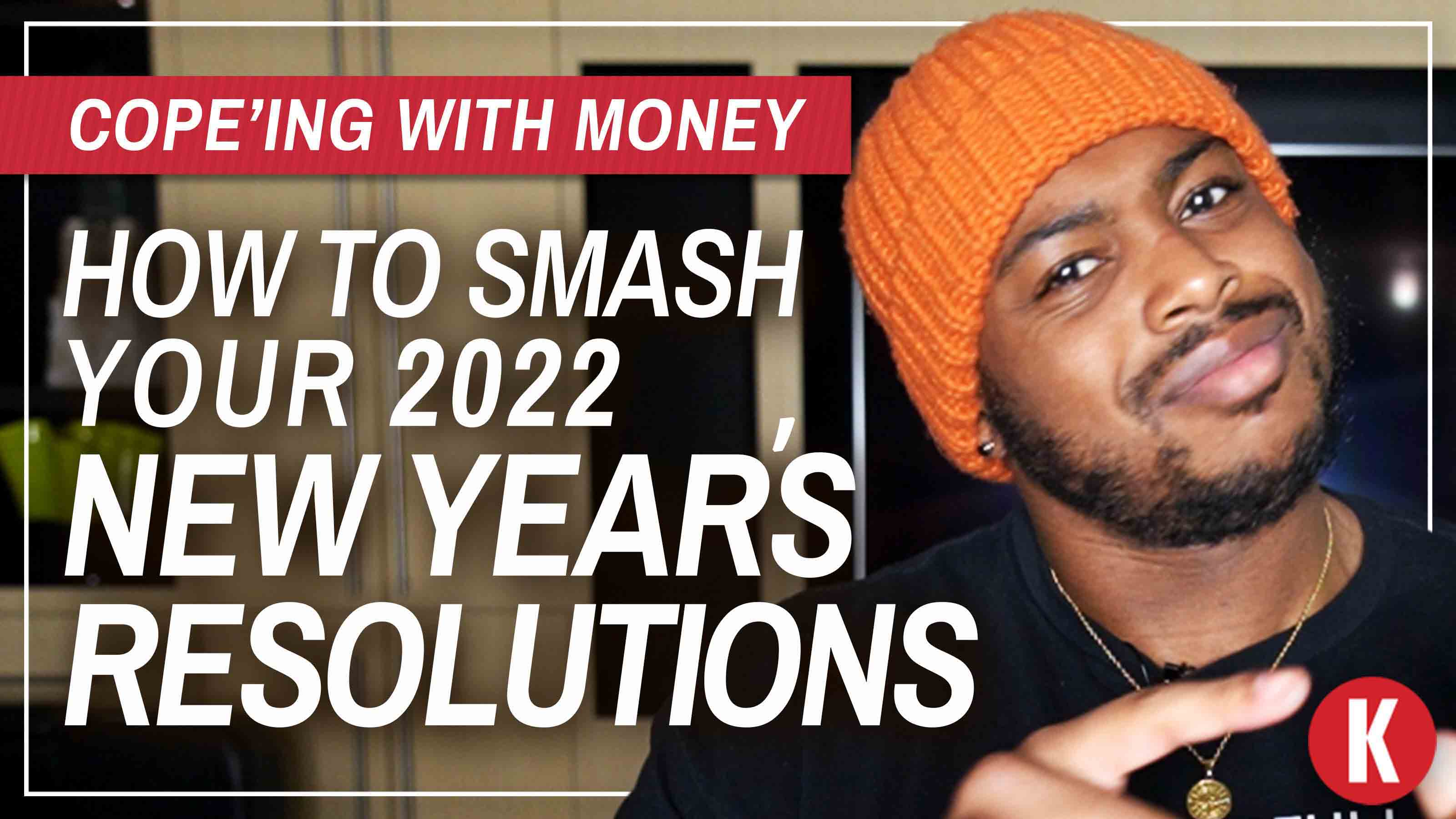 How to Achieve Your 2022 New Year's Resolutions
How to Achieve Your 2022 New Year's ResolutionsBrandon Copeland You've already made your New Year's resolutions. Atlanta Falcons linebacker and Kiplinger contributing editor Brandon Copeland explains how you can stick with them and accomplish them.
-
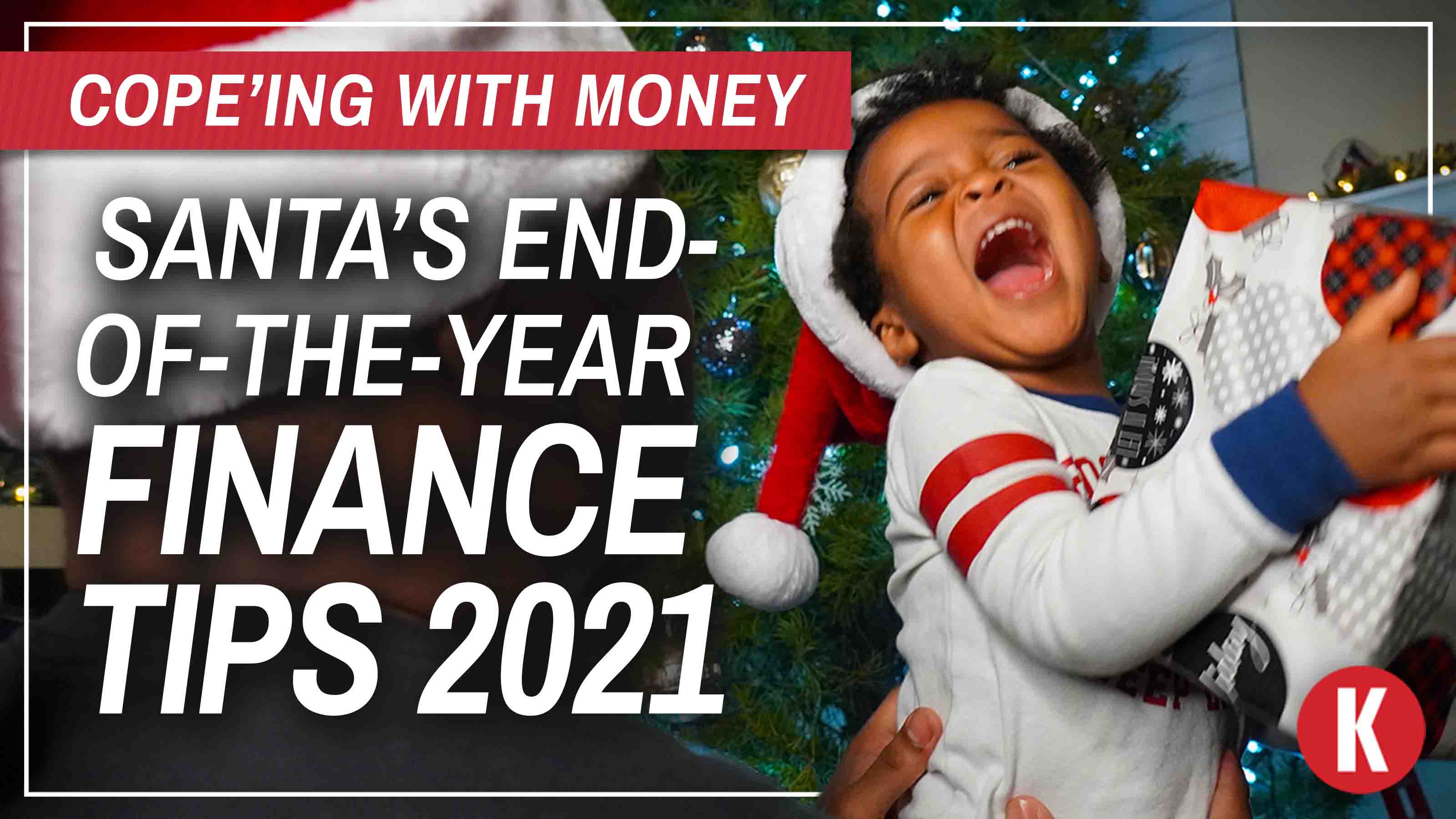 Santa's End-of-the-Year Finance Tips
Santa's End-of-the-Year Finance TipsFeature Atlanta Falcons linebacker and Kiplinger contributing editor Brandon Copeland shares a few ways you can improve your finances before 2022 gets here.
-
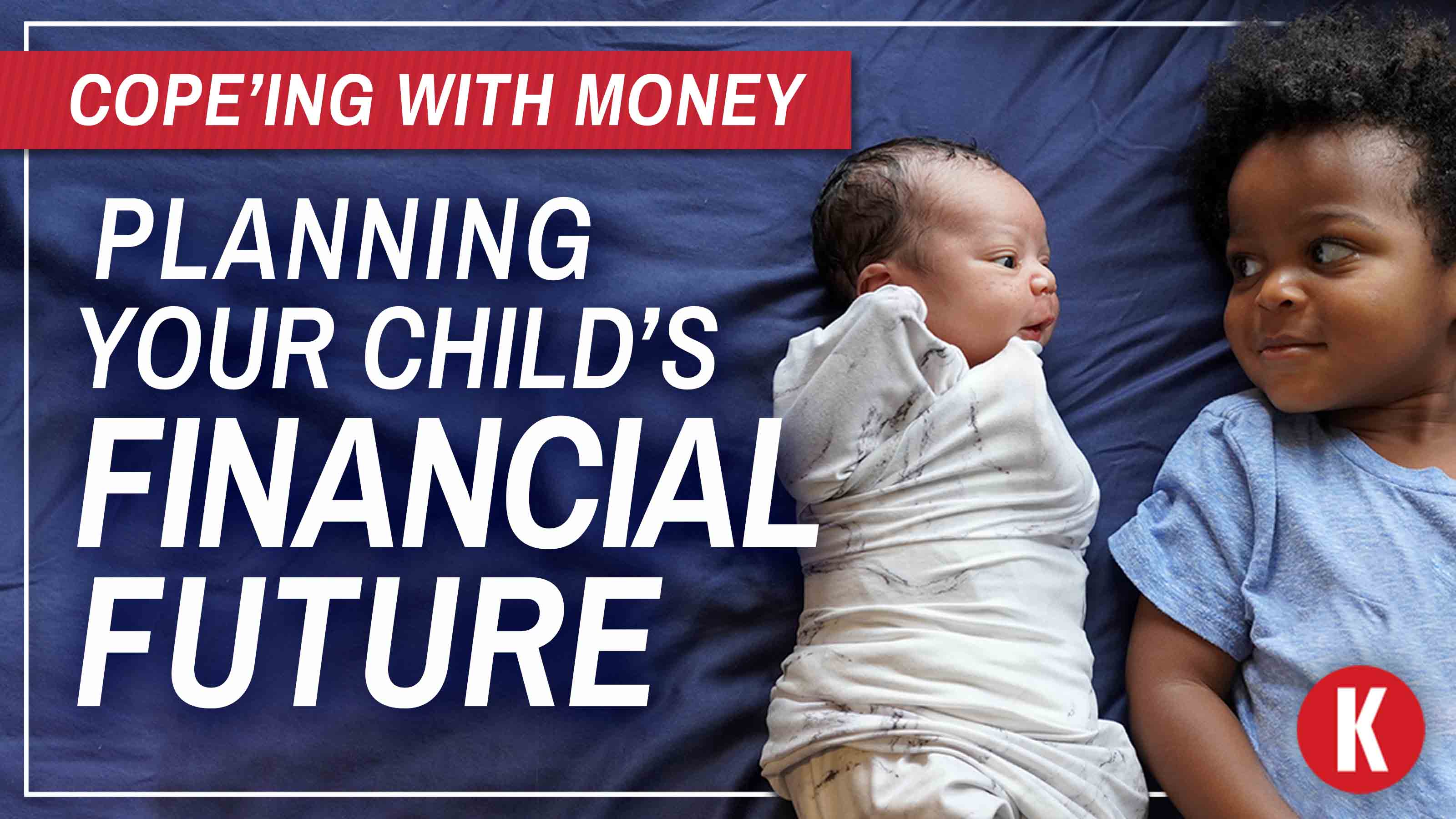 Planning Your Child's Financial Future
Planning Your Child's Financial FutureFeature Atlanta Falcons linebacker and Kiplinger contributing editor Brandon Copeland talks about ways to set your child up with a strong financial foundation.